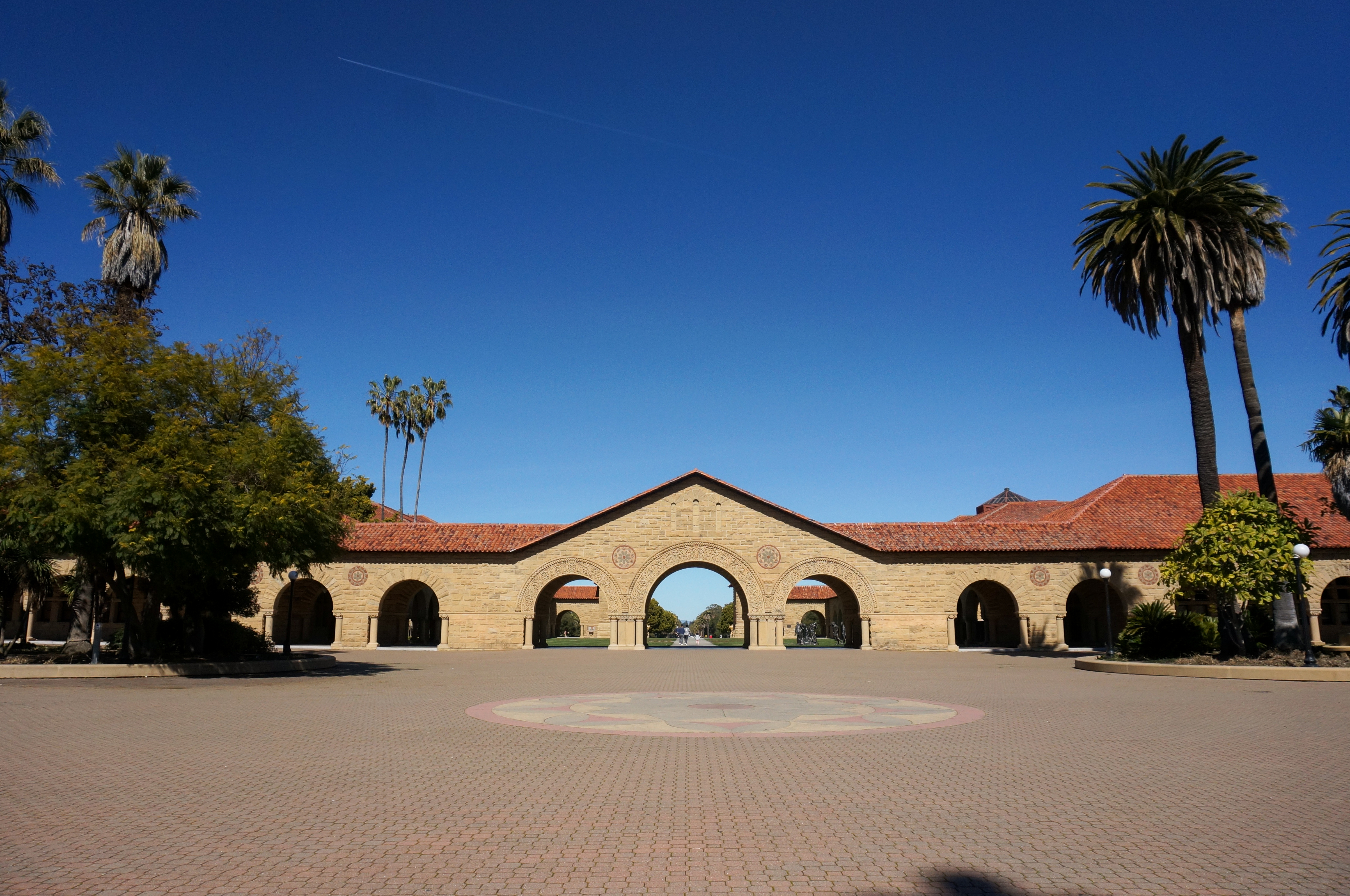Buried beneath a mountain of academic and social pressure, students at Stanford often find themselves grappling with two unique mental challenges — imposter syndrome and duck syndrome.
Imposter syndrome, characterized by a persistent feeling of inadequacy despite accomplishments, frequently coexists with duck syndrome. Originally actually coined by Stanford, duck syndrome refers to the outward appearance of calmness while struggling beneath the surface, much like a duck appearing to glide serenely above water while paddling relentlessly beneath it.
Both syndromes share a common theme: the fear of being exposed as a fraud, despite outward appearances of competence and confidence.
Especially on college campuses like Stanford, students are often surrounded by high-achieving peers, making it challenging to feel deserving of their accomplishments. This constant comparison can lead to a cycle of self-doubt, where students fear they don’t measure up to those around them and begin to doubt their abilities, even in the face of objective success.
“Given the admissions process, the student body consists of ambitious overachievers who are used to holding themselves to high expectations and constantly striving for more, myself included,” Dyllen Nellis ’24 said.
As they adopt the duck facade, students inadvertently reinforce their and others’ imposter syndromes, perpetuating the idea that everyone is handling challenges effortlessly.
Hustle culture: the culprit or the catalyst?
Hustle culture has fortified the idea that success is directly proportional to the amount of effort exerted. While hard work is undeniably crucial to achieving goals, this culture often glorifies burnout and discourages students from acknowledging their mental and emotional needs.
According to psychology professor Greg Walton, hustle culture “underscores the fact that everybody deals with” the pressure of neglecting mental and emotional needs, and that “it’s normal and just part of the process.”
Hustle culture also tends to promote a tunneling focus on achievement at the expense of personal growth and well-being. Due to such a pervasive culture, Nellis said she dealt with many insecurities that made her feel as if she wasn’t getting “the most out of [her] college experience.”
For her, this meant enrolling in more than 17 units a quarter (close to the 20-unit cap) while also managing her company, Next Gen Admit, which provides college application support to high schoolers. Nellis overworked herself just to maintain a semblance of control and feel equal to her peers, she said.
Such a lack of balance can lead to students defining their self-worth solely through external achievements, further enforcing their feelings of being an “imposter” at the university, as they doubt themselves if they fail to meet these high standards.
The impact on students’ mental health
The combination of imposter syndrome and duck syndrome can take a severe toll on students’ mental health. Nellis experienced this during the first half of her college experience and “viewed Stanford as an incredibly stressful place.”
The constant pressure to excel academically and socially, combined with the fear of not living up to external expectations, creates a toxic environment that fosters anxiety, depression and burnout, Nellis said.
She found it difficult to balance all of her responsibilities and “after years of grinding through all [her] work and piling on more responsibilities than [she] could handle,” she burned out. “The pressure had come from [herself], not anyone else,” Nellis said.
The inability to express vulnerability further exacerbates the issue, as students feel compelled to maintain a facade of perfectionism.
Overcoming the syndromes and reclaiming authenticity
Recognizing the connection between the imposter syndrome, duck syndrome and “hustle culture” is the first step toward “being in touch with who you are and the kind of person you want to be,” Walton said.
Promoting a culture of collaboration and community over relentless competition can help dismantle the cycle of comparison and create a more compassionate space for personal growth.
Peer counselor Alisa Grace Aleksanian ’25 said The Bridge, a student-run mental health initiative, is “an important resource on campus that offers support to students as they deal with whatever they may be going through.”
The Bridge is largely run by certified undergraduate and graduate students who provide a confidential and empathetic space where peers can lend a listening ear, offer coping strategies and deliver meaningful insights, Aleksanian said.
Yet, for Aleksanian, staying connected with her family back home has been the most effective method for staying grounded during her time at Stanford, as it was “a reminder of where I’m from,” she said.
Additionally, helping students define success on their own terms, beyond external accolades, can help them “reclaim their authenticity and focus on holistic well-being,” Walton said.
Imposter syndrome and duck syndrome may lurk beneath the surface of the Stanford campus atmosphere. However, by addressing the root causes and dismantling hustle culture, Stanford can nurture a generation of empowered, mentally resilient and authentic students, Walton said.
“Life is not meant to be spent working all the time — it’s meant to be experienced,” Nellis said.
